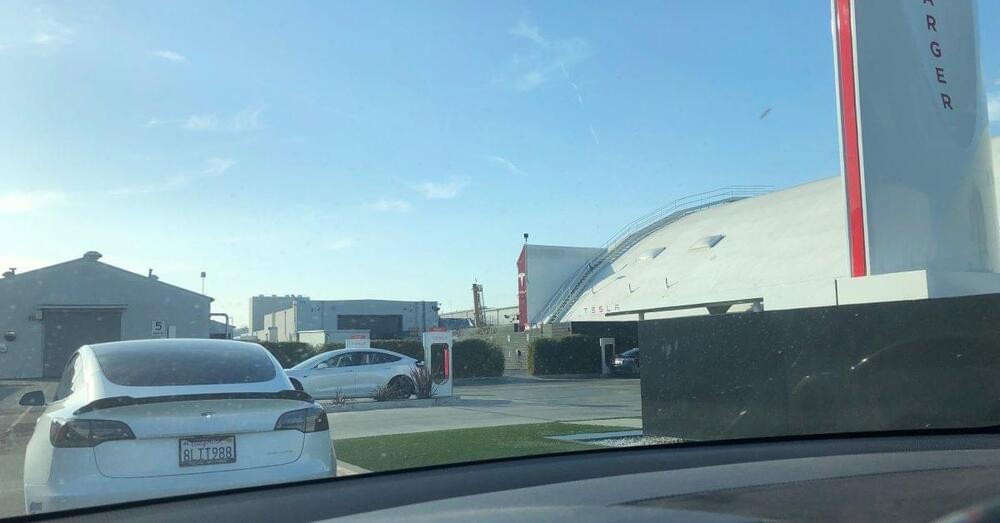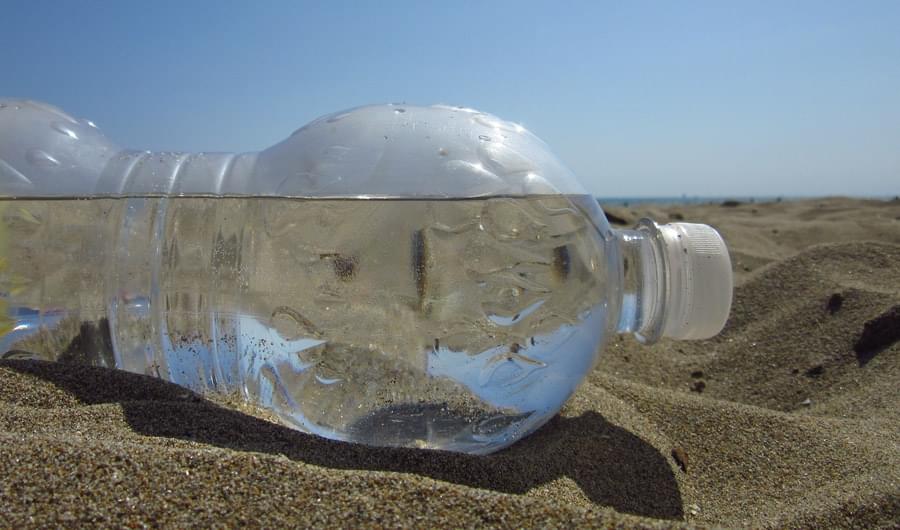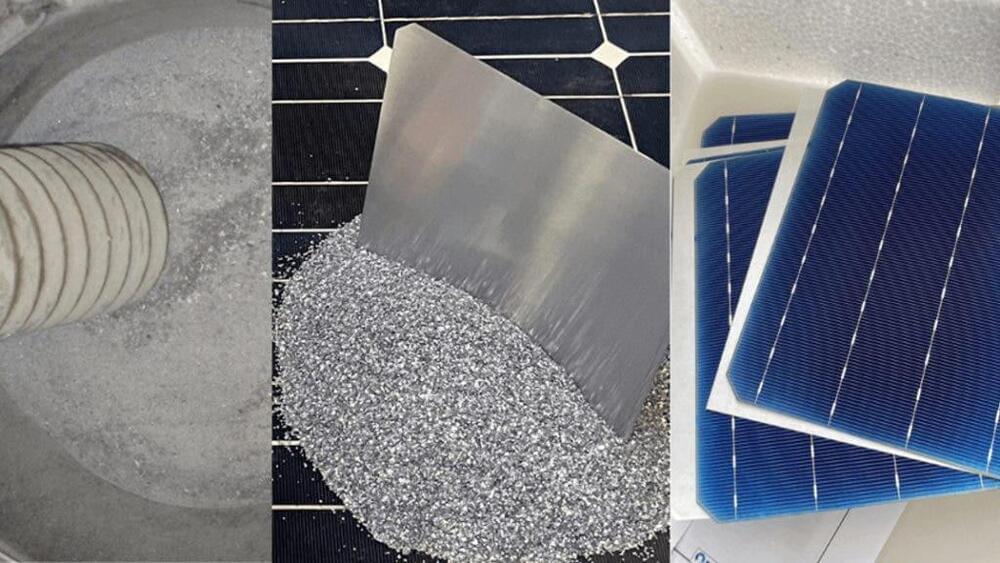He’s absolutely right about birth rates and its implications for our species. OVER population is a disproven concept as far as our near and near-far future goes.
Elon Musk is the charismatic co-founder of PayPal and Tesla, as well as the founder of SpaceX, Neuralink, and The Boring Company. He serves as CEO of Tesla and CEO/lead designer of SpaceX. Watch along as he explains why earth doesn’t have a lot of time left.
Other business videos:
➟ “Most People Don’t Even Realize What’s Coming” | Elon Musk Shocking Speech (2021)
➟What Is The Price Of Success? — Elon Musk Speech.
https://www.youtube.com/watch?v=D-tTj6sm10M
➟Audience Stunned when Elon Musk Predicts a Climate Change.
https://www.youtube.com/watch?v=_ozlbGB57aE
This video is all about Elon Musk, Musk, Elon, Tesla, SpaceX, The Boring Company, Business, Jeff Bezos, Space, Cars, Bill Gates, Mark Zuckerberg, millionaires, billionaires, motivational, motivation, Elon musk motivation, Elon musk motivational, elon musk, elon musk motivation, elon musk motivational speech, elon musk inspiring speech, elon musk best speech, elon musk emotional speech, elon musk inspirational video, elon musk emotional, elon musk mindset, elon musk tears up speech, elon musk tears up, elon musk holding back tears, business core, elon musk zone, motivation core, DBbusiness and more topics!
All materials in these recordings are utilized for educational & motivational purposes and fall under fair use law. No copyright encroachment intended. In case you are or represent the copyright proprietor of materials utilized in this video and are object to the utilization of these materials, kindly reach out to me, and we will sort it out.





